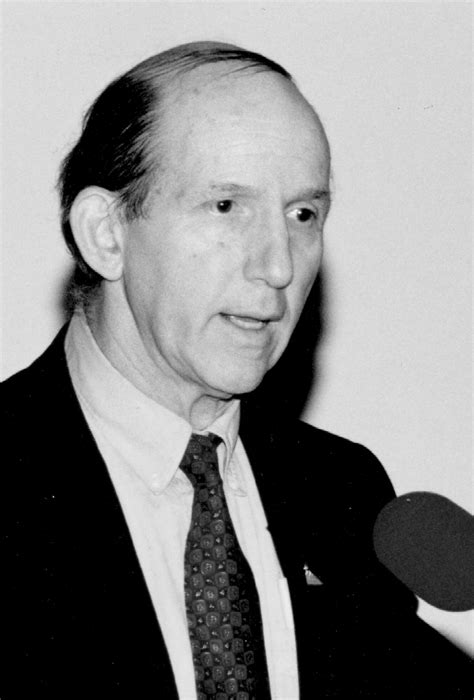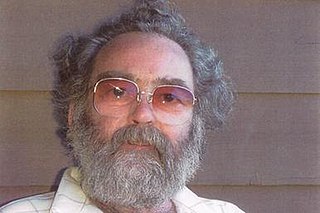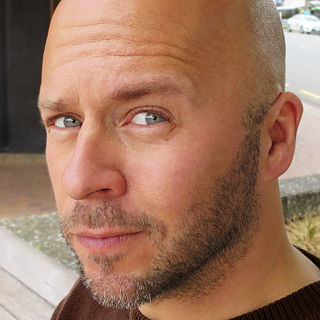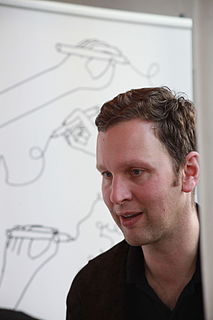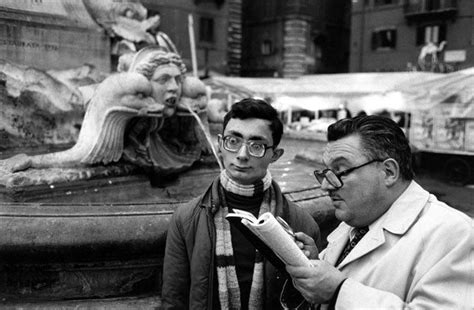A Quote by Amish Tripathi
There are many realities. There are many versions of what may appear obvious. Whatever appears as the unshakeable truth, its exact opposite may also be true in another context. After all, one's reality is but perception, viewed through various prisms of context.
Related Quotes
Parents are led to believe that they must be consistent, that is, always respond to the same issue the same way. Consistency is good up to a point but your child also needs to understand context and subtlety . . . much of adult life is governed by context: what is appropriate in one setting is not appropriate in another; the way something is said may be more important than what is said. . . .
The point is that (little-t) truth is a matter of definition relative to the grid one is using at the moment, and that (capital-T) Truth, metaphysical reality, is irrelevant to grids entirely. Pick a grid, and through it some chaos appears ordered and some appears disordered. Pick another grid, and the same chaos will appear differently ordered and disordered. Reality is the original Rorschach. Verily! So much for all that.
When faced with the inevitable, you always have a choice... As I learned during my liberal arts education, any symbol can have, in the imaginative context, two versions, a positive and a negative... If you spill your milk you're left with a glass which is either half empty or half full... You may not be able to alter reality, but you can alter your attitude towards it, and this, paradoxically, alters reality. Try it and see.
We, the lineal representatives of the successful enactors of one scene of slaughter after another, must, whatever more pacific virtues we may also possess, still carry about with us, ready at any moment to burst into flame, the smoldering and sinister traits of character by means of which they lived through so many massacres, harming others, but themselves unharmed.
Words, as is well known, are the great foes of reality. I have been for many years a teacher of languages. It is an occupation which at length becomes fatal to whatever share of imagination, observation, and insight an ordinary person may be heir to. To a teacher of languages there comes a time when the world is but a place of many words and man appears a mere talking animal not much more wonderful than a parrot.
Disregarding all evidence to the contrary, the student of Truth will maintain that he lives in a PERFECT Universe and among people potentially perfect. He will regulate his thinking to meet this necessity and refuse to believe in its opposite. At first he may be influenced by conditions, and he may appear weak, but as time goes on he will PROVE TO HIMSELF that his position is a correct one, for that which appears imperfect will begin to slip from his experience
A photograph is what it appears to be. Already far from 'reality' because of its silence, lack of movement, two-dimensional ity and isolation from everything outside the rectangle, it can create another reality, an emotion that did not exist in the 'true' situation. It's the tension between these two realities that lends it strength.
Philosophy, for Plato, is a kind of vision, the 'vision of truth'...Everyone who has done any kind of creative work has experienced, in a greater or less degree, the state of mind in which, after long labour, truth or beauty appears, or seems to appear, in a sudden glory - it may only be about some small matter, or it may be about the universe. I think that most of the best creative work, in art, in science, in literature, and in philosophy, has been a result of just such a moment.


